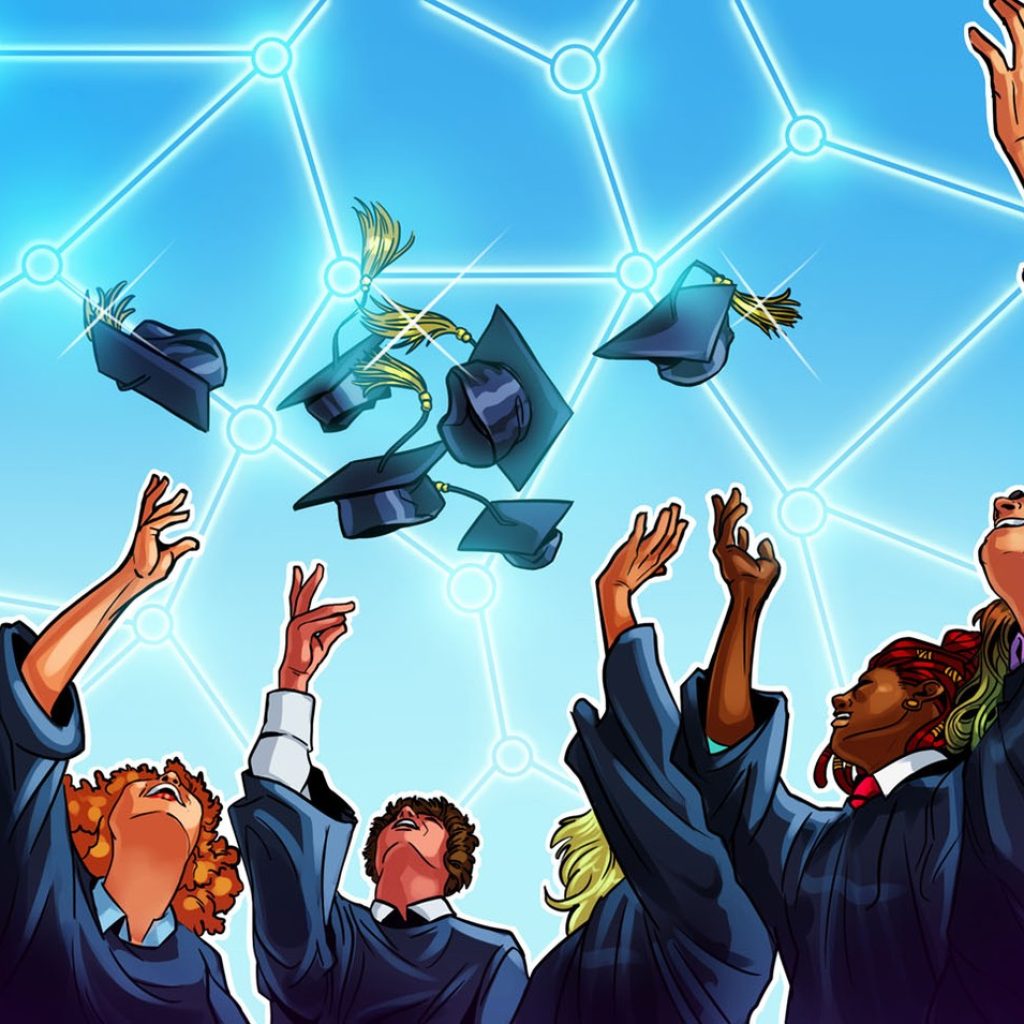
Cointelegraph reflects on the artificial intelligence pause that never happened, a lawsuit that could change the entire AI industry, and the Sam Altman firing and rehiring drama.
OpenAI’s ChatGPT is, by the numbers, the most popular artificial intelligence (AI) tool in the world.
On its one-year anniversary, ChatGPT now boasts 100 million weekly users, and according to Google Trends data, it is currently at the height of its global popularity.
In just 12 months, ChatGPT’s existence has contributed to narratives surrounding the extinction of humankind, accusations that OpenAI built it by allegedly committing mass-scale copyright infringement, and a tumultuous CEO firing and rehiring that pundits are still trying to understand.
ChatGPT’s existential threat to humanity
In March 2023, thousands of researchers, CEOs, academics and pundits involved in the field of AI signed an open letter calling on AI developers around the world to pause the development of any AI systems that are more powerful than GPT-4 for at least six months, sharing concerns that “human-competitive intelligence can pose profound risks to society and humanity,” among other things.
While the efficacy and viability of a global, self-imposed pause on AI development is still being debated, the letter had almost no discernable impact on the industry.
GPT-4? More like GPT-Snore!
— Elon Musk (@elonmusk) November 10, 2023
When it comes to humor, GPT-4 is about as funny as a screendoor on a submarine.
Humor is clearly banned at OpenAI, just like the many other subjects it censors.
That’s why it couldn't tell a joke if it had a goddamn instruction manual.
In the case of Musk, his chatbot and self-professed ChatGPT competitor, Grok, was launched nearly six months to the day after the billionaire mogul signed the letter.




